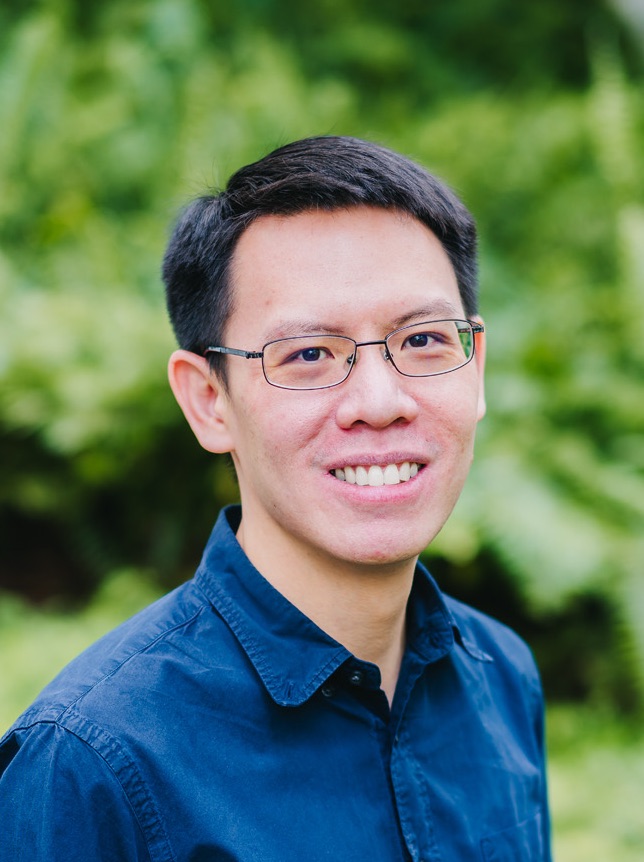
Derek Ho
Nationality: Singapore
Current Job: Senior Research Fellow, Yale-NUS College, Singapore
Graduation: Faculty of Science, Year 2014
Undergraduate: National University of Singapore, Singapore
"Fit your work into your life, not the other way around!"
